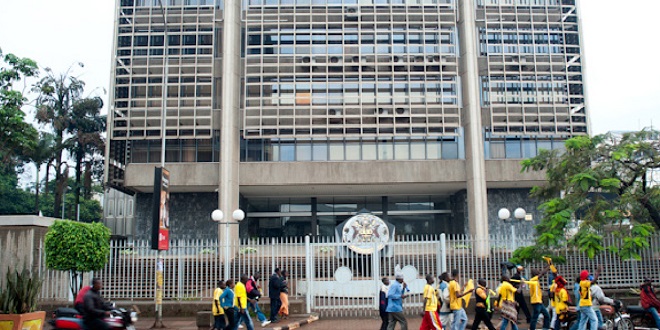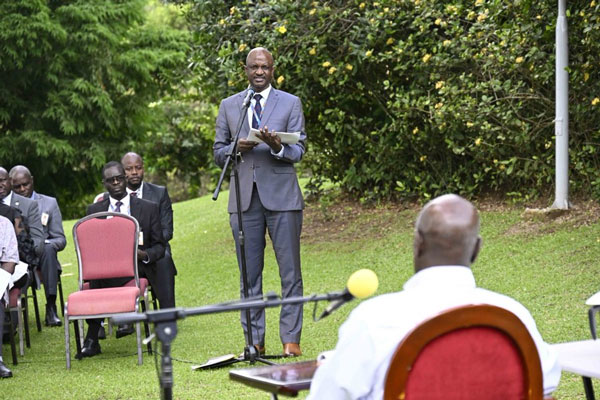Fresh information has surfaced surrounding the 2017 assassination of Andrew Felix Kaweesi, Uganda’s former Assistant Inspector General of Police, raising serious concerns about internal involvement in the killing.
Kaweesi was shot dead in broad daylight along with his bodyguard and driver on March 17, 2017, in Kulambiro, Kampala. The attackers reportedly escaped using two motorcycles that have now been traced back to the Uganda Police Force, according to a new report by Monday Vision.
The motorcycles, bearing police registration numbers UP 3909 and UP 0734, were previously believed to have been used by civilians. But recent findings suggest they were owned and possibly operated by police officers—fueling speculation that the killing may have involved elements within the security forces.
This revelation has reignited public anger, especially considering that several Muslims were arrested and imprisoned in connection with Kaweesi’s murder. Human rights groups and legal activists have long questioned the evidence used to detain them, pointing to a worrying pattern of wrongful arrests and targeting of Muslim clerics and youth in high-profile murder cases.
The case is further complicated by reports that a forensic report by the FBI, which was supposed to assist in the investigations, was never delivered to Ugandan authorities. Meanwhile, Kaweesi’s damaged car and the motorcycles remain untouched at police headquarters in Naguru, a sign that the case may have been deliberately stalled.
This isn’t the first time security agencies have failed to solve high-level murders. The killers of Joan Kagezi, a senior prosecutor gunned down in 2015, and other Muslim clerics like Sheikh Muwaya and Sheikh Kirya, have never been conclusively brought to justice.
With these new developments, there is growing hope that the truth behind these murders may finally begin to emerge, and that justice will be served—not just for the victims, but for those wrongly accused.




















